To market electronic products in the global market, they must undergo EMC type approval and certification. This is a type of access that allows devices to be brought into each country.
In today’s digital era, the use of radio frequency devices, such as WiFi signal boosters, RFID, and the Internet of Things (IoT), is becoming increasingly widespread. It is important to note that these devices can interfere with each other if they do not comply with the appropriate standards.
This is where Electromagnetic Compatibility (EMC) type approval and certification are needed. The goal is to prevent electromagnetic interference that could impact performance and safety.
To market electronic products in the global market, they must undergo EMC type approval and certification. This is a type of access that allows devices to be brought into each country. Obtaining access means that the product can operate optimally without interfering with other devices and still meet applicable safety standards.
What Is EMC?
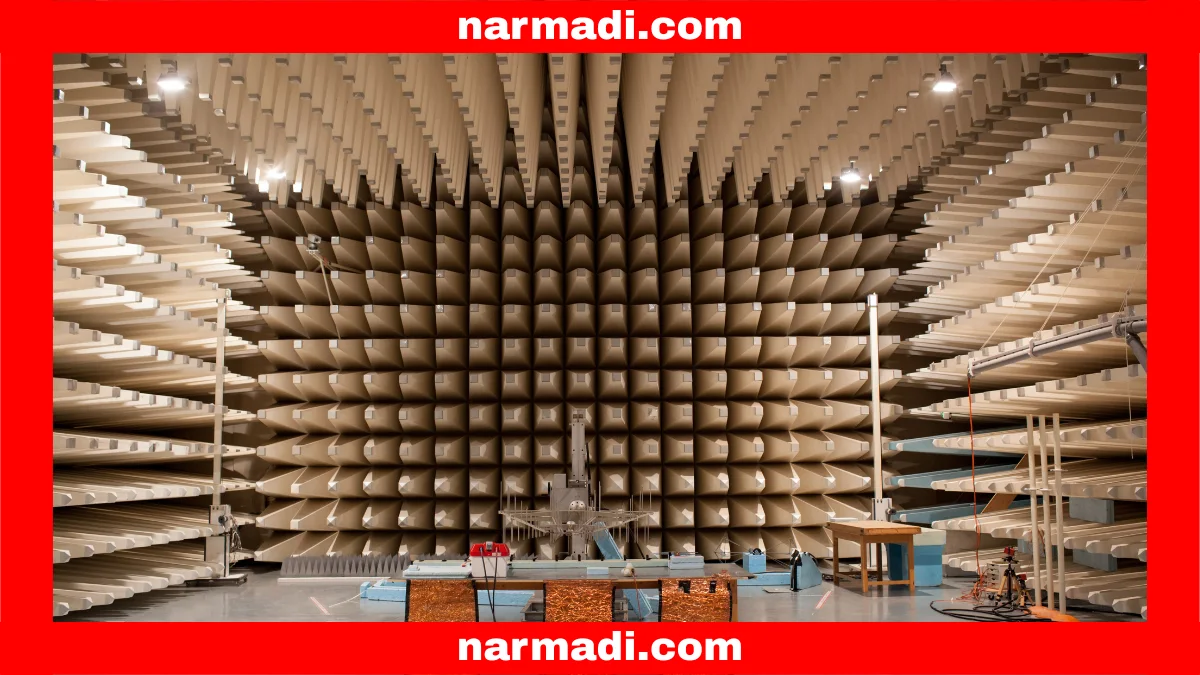
Electromagnetic Compatibility (EMC) is the ability of an electronic device to function properly in an electromagnetic environment. This means that the device does not cause or experience interference from other devices.
EMC testing covers two main aspects, namely electromagnetic emissions and resistance to electromagnetic interference. Electromagnetic emissions are measured to determine how much electromagnetic interference the device emits into the surrounding environment. In addition, the device’s resistance to electromagnetic interference from other devices is also measured.
Electronic products that do not undergo EMC type approval and certification may experience signal interference, performance degradation, and malfunction. There may even be dangerous safety risks, which could harm users.
International EMC Regulations and Standards
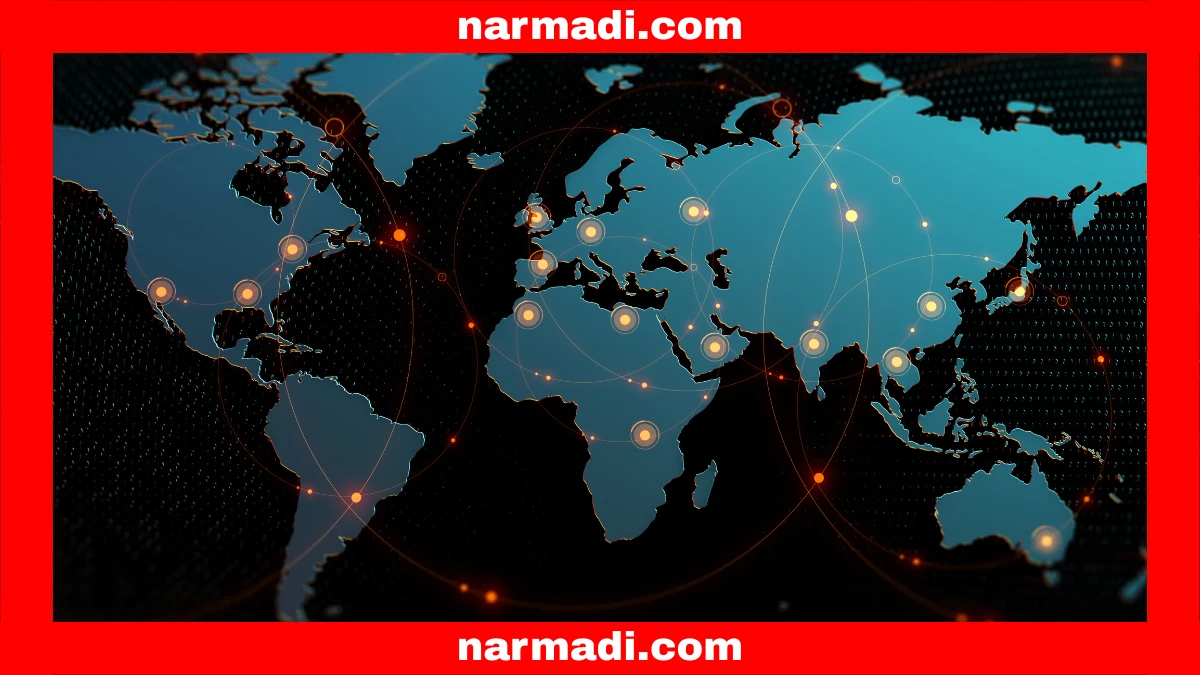
EMC approval and certification are processes that manufacturers must undergo to meet technical, safety, and radio frequency compatibility standards. The goal is to facilitate the use, trade, and import of devices into a country.
In the ASEAN region, EMC regulations are regulated nationally in each country, with efforts to harmonize standards through Mutual Recognition Agreements (MRAs). The goal is, of course, to accelerate the circulation of products in the regional market. This step is very helpful for manufacturers targeting cross-border exports in Southeast Asia.
Several types of EMC approvals and certifications in Asia:
- Indonesia: DJID Certification
- Malaysia: SIRIM Certification
- Thailand: NBTC Certification
- Singapore: IMDA Certification
- Philippines: NTC Certification
- Vietnam: MoST Certification
- Cambodia: TRC Certification
- India: WPC ETA and TEC MTCTE Certification
Beyond the Asian market, Dimulti also offers opportunities to provide EMC approval and certification services in international markets. This means that companies are not limited in their opportunities to go global.
EMC Testing Process
To obtain EMC type approval and certification, it is generally necessary to undergo radiated and conducted emission testing. Emission testing is generally conducted in the frequency range of 150 kHz to 30 MHz. In this frequency range, it must be ensured that electronic devices do not interfere with other devices in their vicinity.
Radiated emissions tests
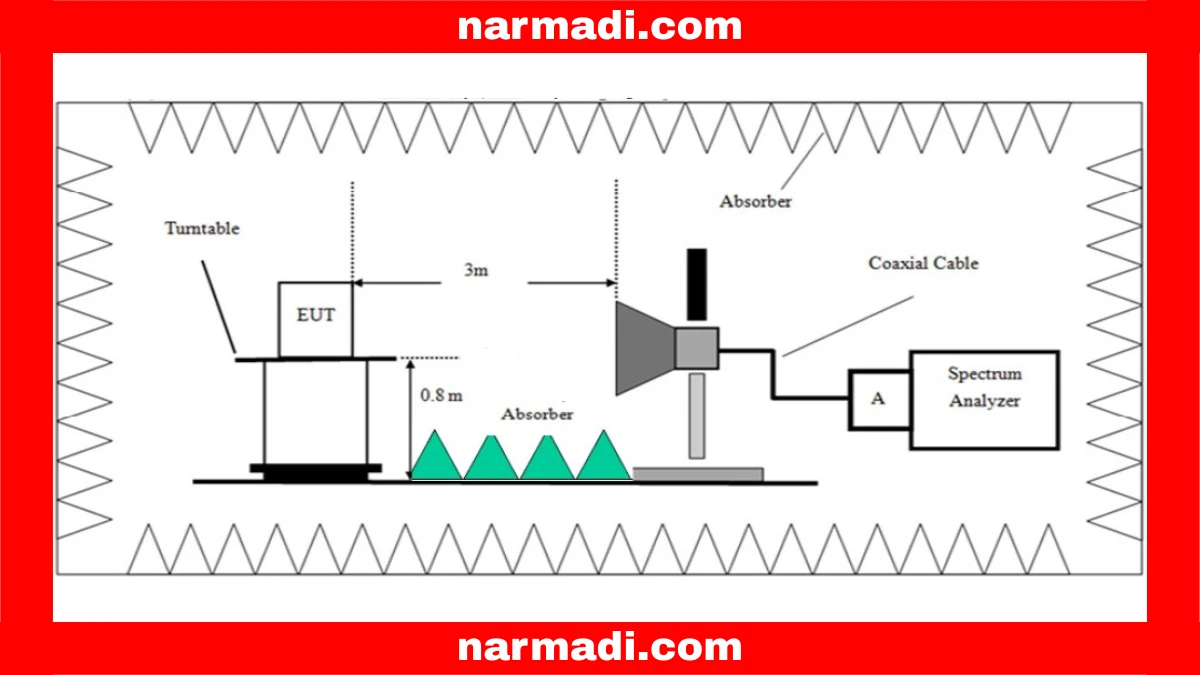
Radiated emissions tests are a process of measuring the amount of electromagnetic waves that are unintentionally emitted by electronic devices. Excessive emissions will cause interference with other equipment.
The testing process uses an EMI receiver and a signal-measuring antenna. The device will be tested in an anechoic chamber or an open space. To detect emissions from various angles, the sample is placed on a remotely controlled turntable.
Conducted emission tests
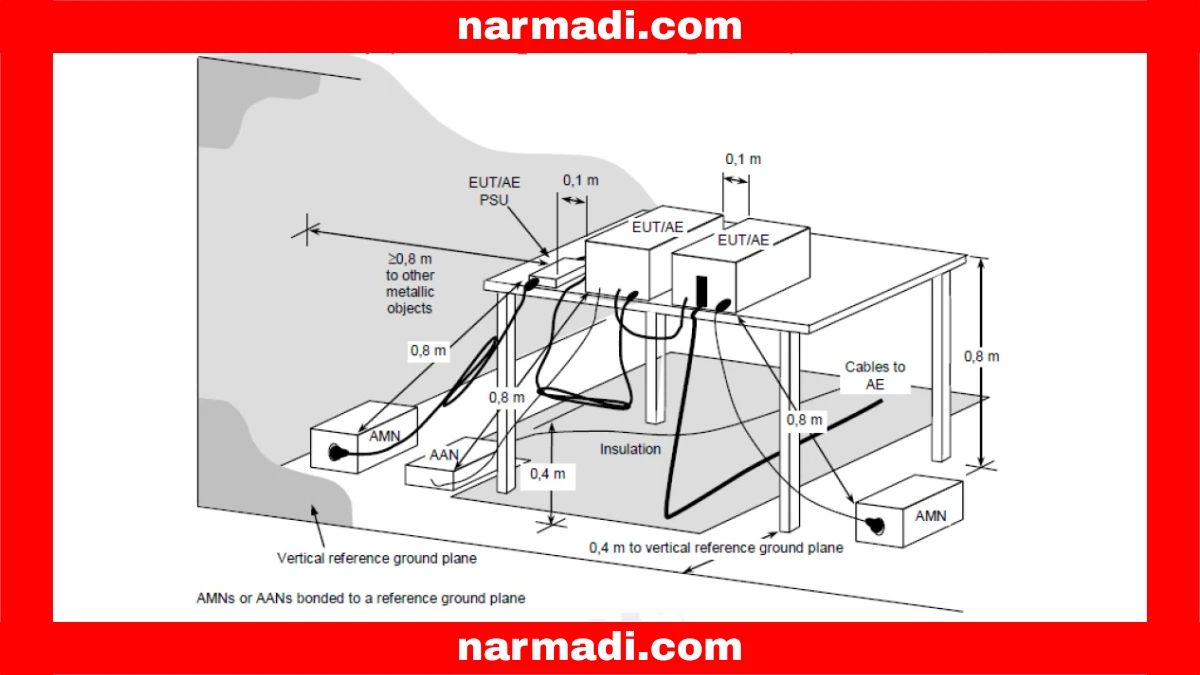
Conducted emissions tests are the process of measuring electromagnetic interference emitted through the device’s power or signal cables. This interference risks disrupting other devices connected to the same power source.
The testing process uses an EMI receiver and an artificial mains network (AMN). Emission levels are measured in the range of 150 kHz to 30 MHz. The test results are compared with applicable EMC standard limits.
EMC Type Approval and Certification
EMC approval and certification is a processes that manufacturers must undergo to market electronic devices in each target country. This certification process generally involves the following stages:
- Document Preparation: Gather all necessary technical documents.
- Radio Frequency (RF) Testing: Evaluate wireless signal transmission.
- Electromagnetic Compatibility (EMC) Testing: Ensure that the device does not interfere with other devices.
- Electrical Safety Testing: Ensure that the device is safe to use.
- Laser Safety Testing: For laser-based devices.
- Specific Absorption Rate (SAR) Testing: Evaluate RF energy exposure to humans.
- Type Approval Process: Apply to the relevant authorities.
- Certificate Issuance: An official certificate is issued.
Each country may have slight differences, but the above process is a general step that will be taken for every certification process. Type approval and EMC certification should not be viewed merely as an administrative process, but as a major strategy.
Here are the benefits to be gained:
- Ease of entering the international market
- No obstacles in import regulations
- No delays in product launches
- Prevention of product recall risks
- Products proven to be safe and reliable
- Gaining customer trust
By not viewing the EMC type approval and certification process merely as an obligation, manufacturers will gain a competitive edge. Their products will also become devices ready to compete in the global market safely, stably, and in accordance with standards.
Product Compliance Services
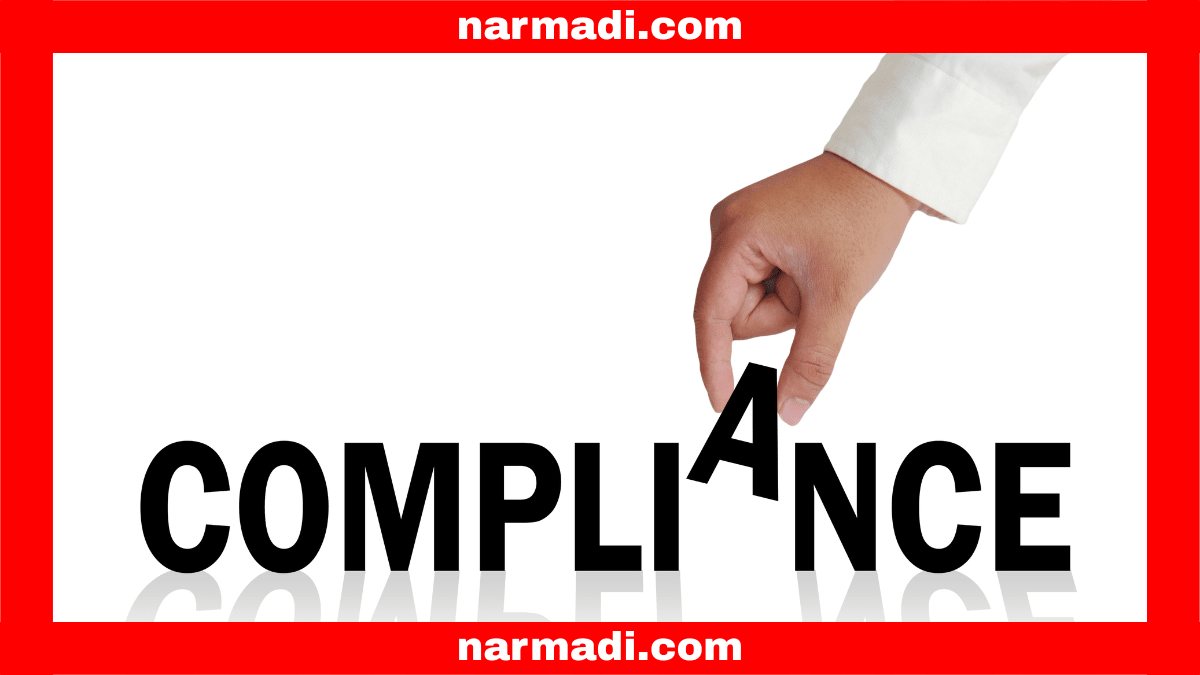
To efficiently pass EMC type approval and certification, you need the right partner. To help meet your needs, Dimulti is here as a product compliance service.
We will help manage all aspects of the compliance certification process with our team of experienced experts. Here are the services we provide:
- Identifying applicable standards
- Monitoring regulatory changes
- Reviewing technical documents
- Preparing application documents
- Managing communication with regulators
- Recommending design changes if necessary
- Assistance with model/variant changes
- Arranging EMC, RF, SAR, and Safety testing in nationally and internationally accredited laboratories
- Providing local representatives (if required by the destination country)
- Assistance for importers/distributors
- Certificate renewal/extension
Dimulti has extensive expertise gained from experience since 2008. This experience has led us to establish a global network of partners, enabling us to facilitate your EMC type approval and certification matters. We are ready to be the right partner for the smooth running of all the certification processes you need.
Contact Us!
Why choose us!
Here are some strong reasons why you should choose us as your business partner.
